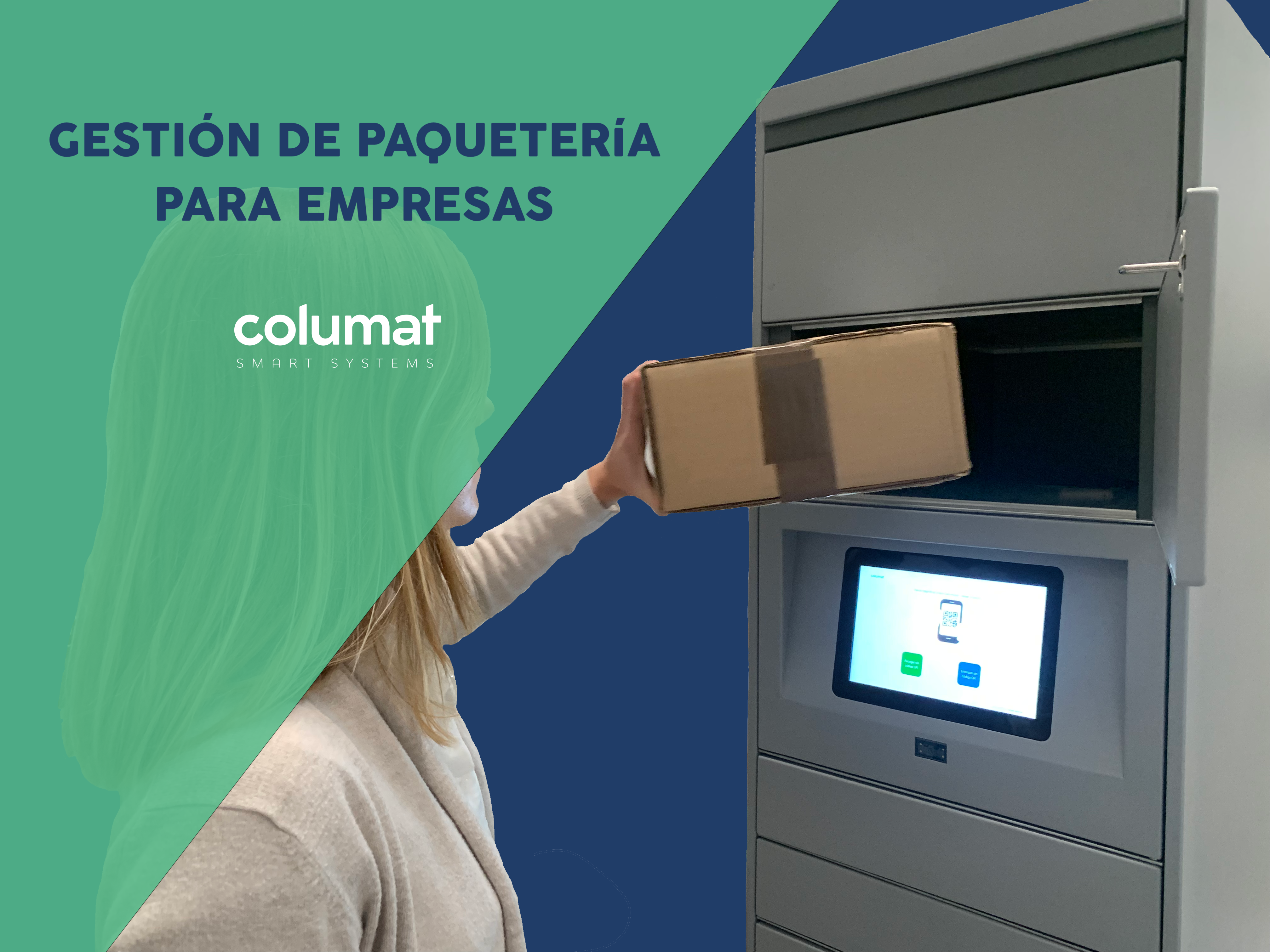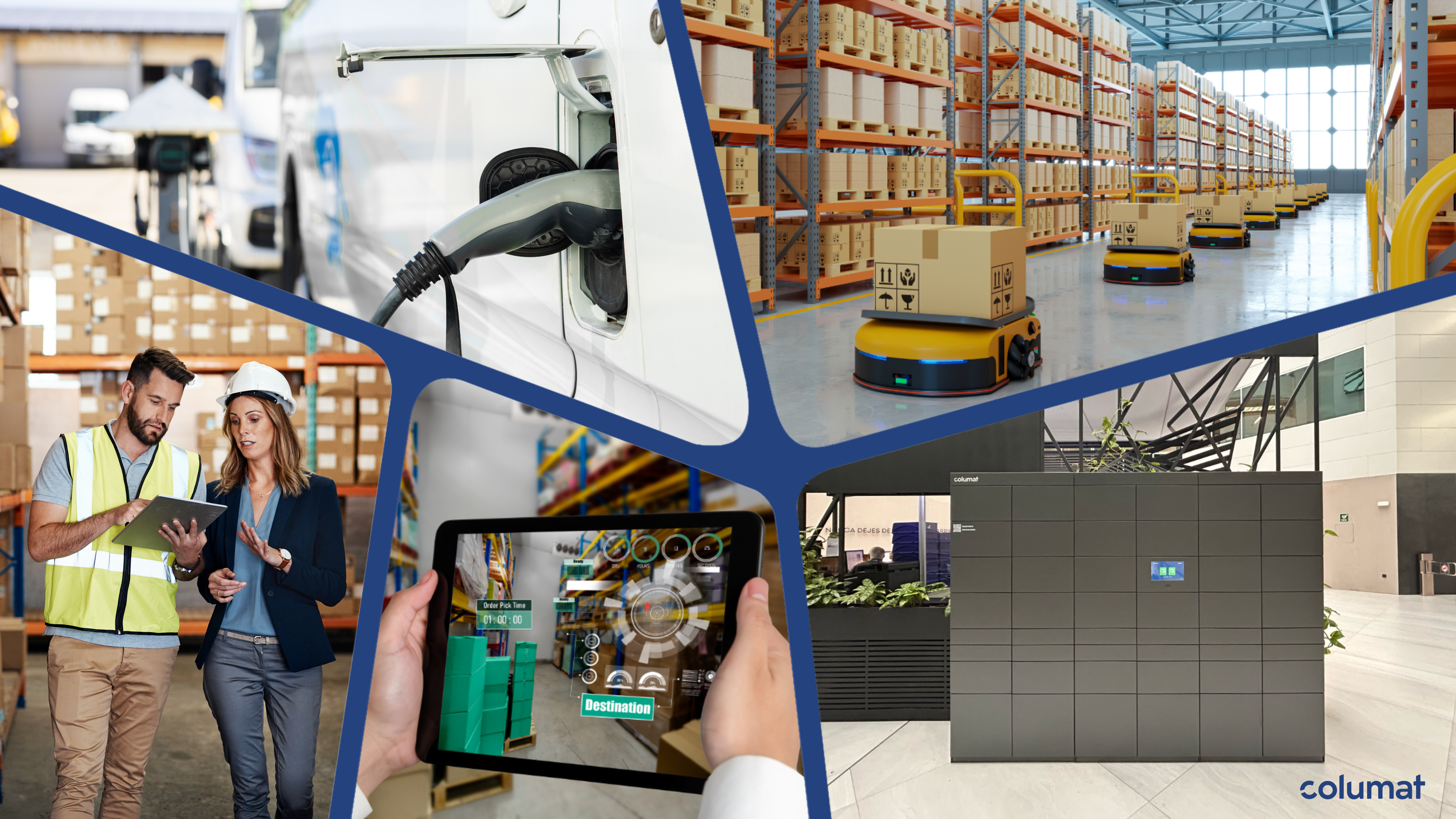Feb 24, 2025
Smart lockers, the solution for your company
Smart lockers, the solution for your company
Read article
In a digitally connected world, where communications flow rapidly through global networks, parcel delivery has become a fundamental part of modern commerce. However, this process is not without its challenges, and logistics companies face a number of hurdles as they attempt to meet growing consumer demands. Let's delve into the specific challenges they face in the communications arena.

For all these challenges, here are some strategies to overcome them:
Overcoming challenges in parcel delivery communications requires innovative approaches and advanced technological solutions. By doing so, companies can improve efficiency, customer satisfaction and remain competitive in an ever-changing marketplace.


